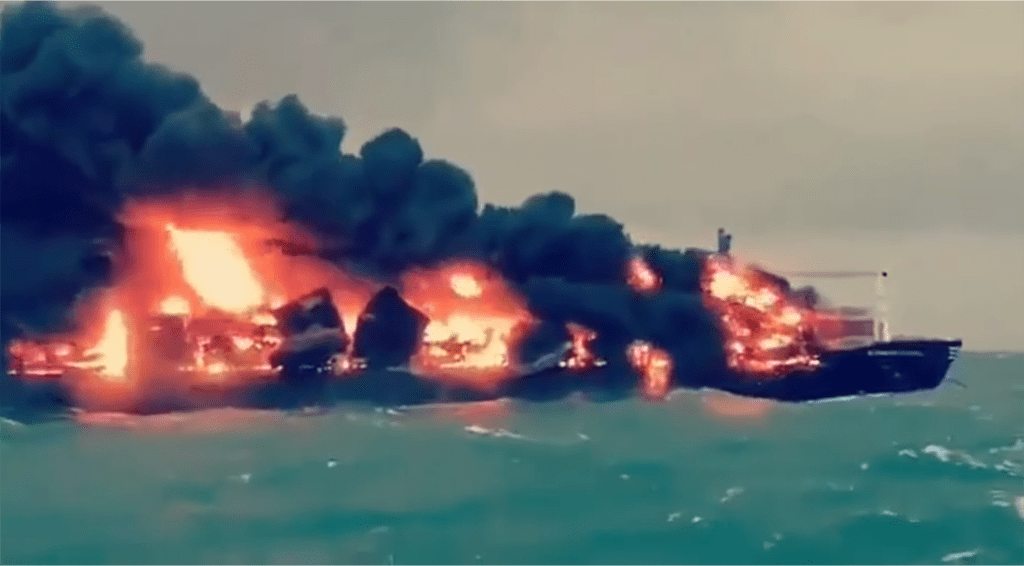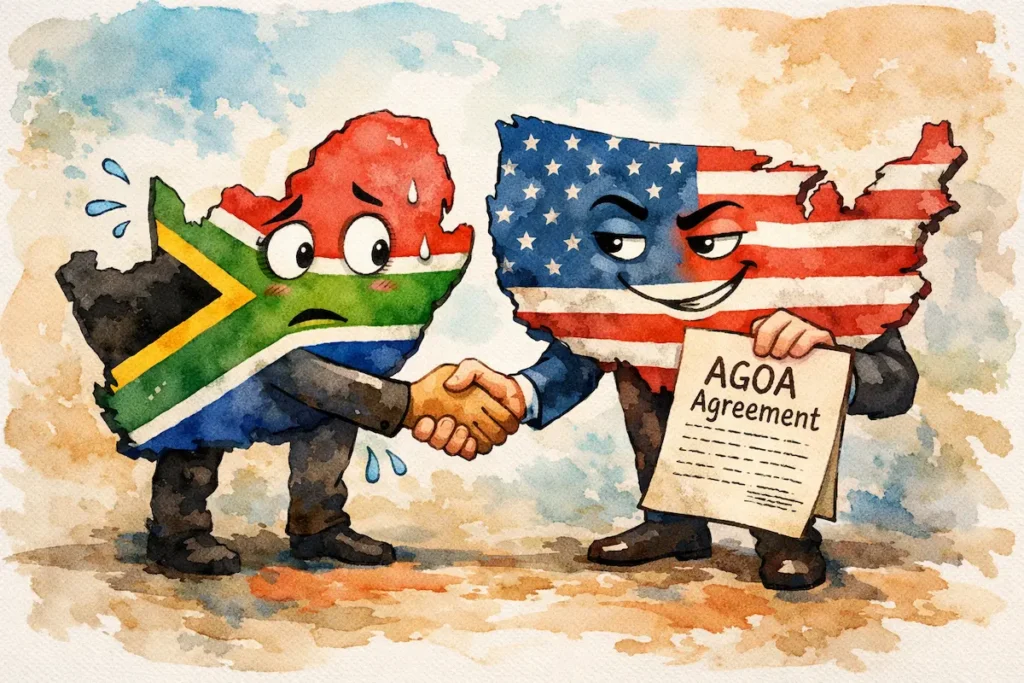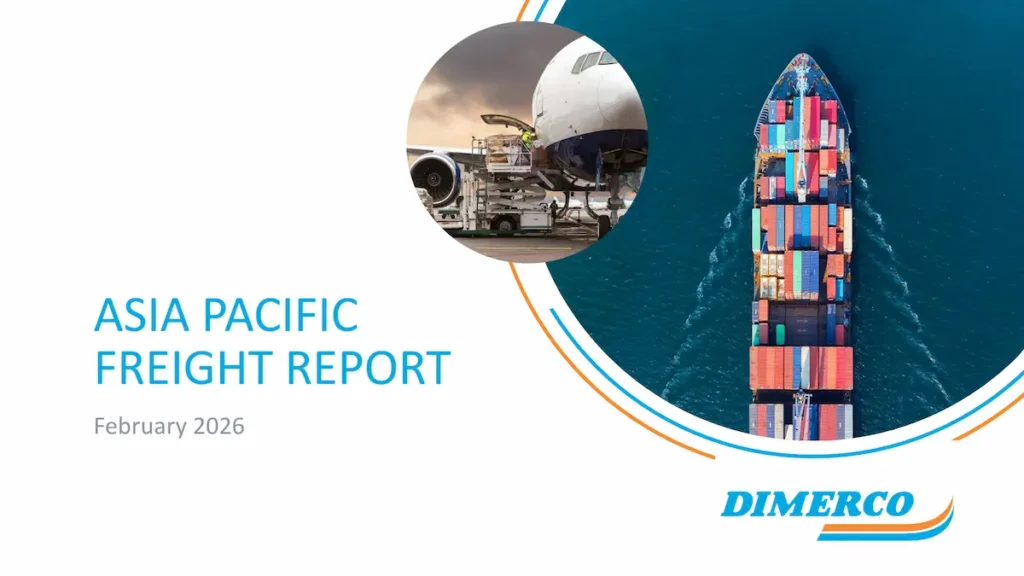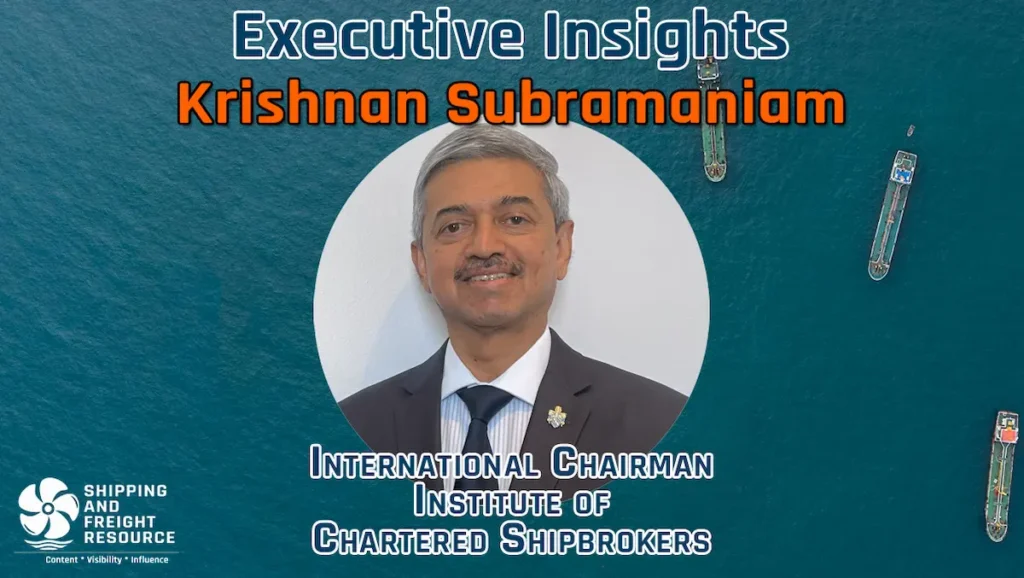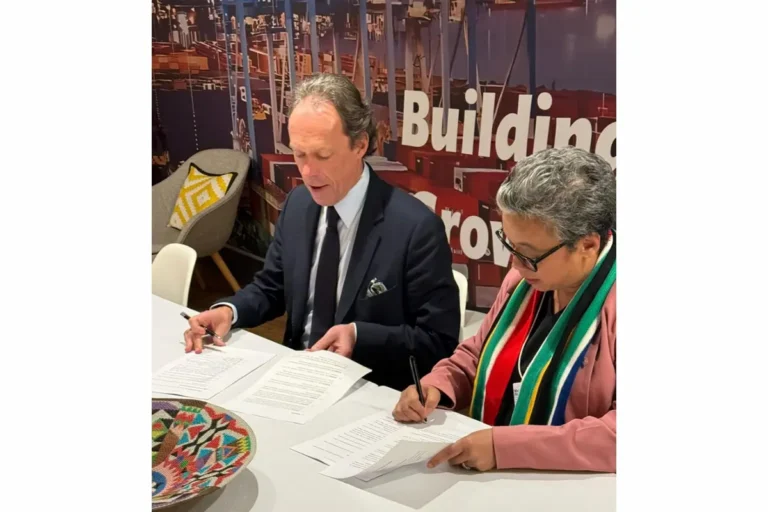When the MV X-Press Pearl caught fire off the coast of Sri Lanka in May 2021, few could have predicted the scale of devastation that would unfold, both ecological and legal..
Now, four years later, the Supreme Court of Sri Lanka has issued a landmark ruling that not only brings a measure of accountability but also sets a precedent for how environmental negligence in maritime logistics could be addressed going forward..
On 24 July 2025, the Court ordered the owners and operators of the ill-fated vessel, Singapore-based X-Press Feeders and related entities, to pay a staggering USD 1 billion in compensation to the Sri Lankan state..
This is to cover environmental damage, economic loss to fishing communities, and ongoing restoration efforts.. It is one of the largest marine pollution compensation awards in history..
The incident that shook the Indian Ocean
The MV X-Press Pearl, a container vessel registered in Singapore, was en route from Jebel Ali to Colombo when it reported a chemical leak.. Several ports denied the ship entry or refused to offload the damaged container..
Upon arrival in Sri Lankan waters on May 20, 2021, a fire broke out on board—fueled by hazardous cargo, including nitric acid and over 70 billion plastic nurdles (polyethylene pellets).. The blaze raged for days, and the vessel eventually sank on June 2, 2021, just 9.5 nautical miles off the Colombo coast..
The environmental toll was immediate and horrifying: beaches littered with plastic pellets, the deaths of marine species (417 turtles, 48 dolphins, and at least 8 whales), and a devastated fishing industry due to a government-imposed fishing ban that lasted over a year in the western coastal region..
Legal reckoning: Supreme Court’s landmark ruling
The ruling was the culmination of four consolidated Fundamental Rights (FR) applications (SC/FR 168, 176, 184 & 277/2021) filed by various stakeholders including the Centre for Environmental Justice, fishing communities, environmental scientists, and even the Catholic Church..
Their allegations were consistent: Sri Lankan authorities failed to act swiftly or decisively to prevent the disaster, and the vessel’s operators and agents acted negligently.. The petitioners sought both accountability and long-term solutions, including compensation, ecosystem restoration, legal reforms, and emergency response mechanisms..
After a marathon public hearing that ran across 30+ dates and included reports from the UN Environment Programme (UNEP), MEPA’s own expert committees, and criminal investigations, the Court found:
- X-Press Pearl’s operators and agents were liable under the “Polluter Pays Principle”..
- The State authorities, particularly MEPA and the Sri Lanka Ports Authority, were also criticised for lack of preparedness and delayed action..
- The damage extended far beyond environmental losses—it disrupted livelihoods, threatened biodiversity, and impacted public health and tourism..
Compensation and mechanisms for restitution
The USD 1 billion in compensation has been earmarked to fund a multi-pronged response including:
- Payments to affected fishing communities, who were among the hardest hit..
- Establishment of a Marine Environmental Restoration and Conservation Fund..
- Formation of a High-Level Commission and a Technical Committee to oversee long-term ecosystem rehabilitation, governance, and transparency..
The judgment also calls for regulatory reform, including updated Standard Operating Procedures (SOPs) for handling hazardous cargo, real-time incident reporting protocols, and stronger cross-agency coordination, especially in maritime emergencies..
Why this matters to global shipping and freight stakeholders
This ruling sends a strong message across the maritime world as it is not just about what happened in Sri Lanka, bearing in mind the recent maritime disasters that have hit the industry..
It is about the broader accountability that shipping lines, charterers, and port authorities must uphold, particularly in an era where vessels carry complex, high-risk cargo across ecologically sensitive trade routes..
Some key takeaways for the industry:
- Due diligence cannot be optional. Operators must ensure cargo declarations are transparent and correct, especially for hazardous goods..
- Port states and coastal nations must be better prepared—with clear emergency response protocols and legal mandates for intervention..
- Pollution prevention is now a corporate responsibility, not just a regulatory checkbox. Failure to act decisively may result in crippling financial consequences..
Looking ahead: A shift in maritime governance
The X-Press Pearl case may well become a landmark precedent in applying the Polluter Pays Principle in maritime law..
Sri Lanka’s Supreme Court has effectively declared that environmental negligence, whether intentional or systemic, will have serious, tangible consequences, echoing the message that environmental compliance is now core to operational risk management..
If this ruling pushes the industry to adopt higher standards, strengthen public-private collaboration, and build resilient environmental safeguards, then perhaps some good may yet emerge from this devastating event..

